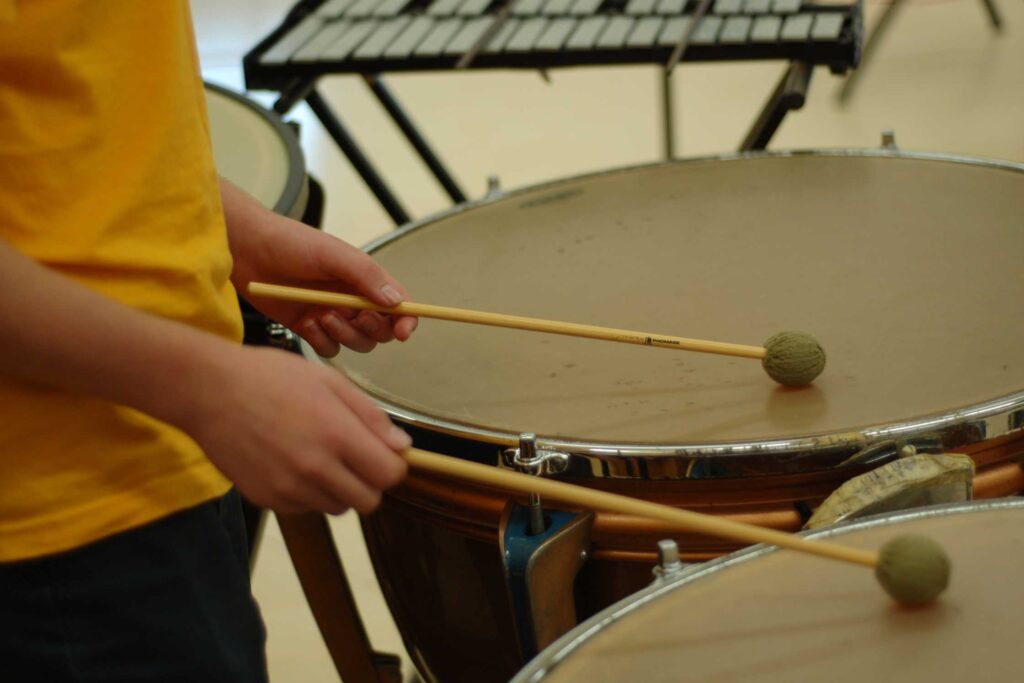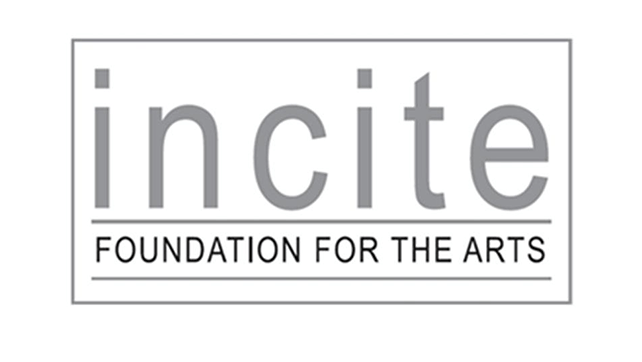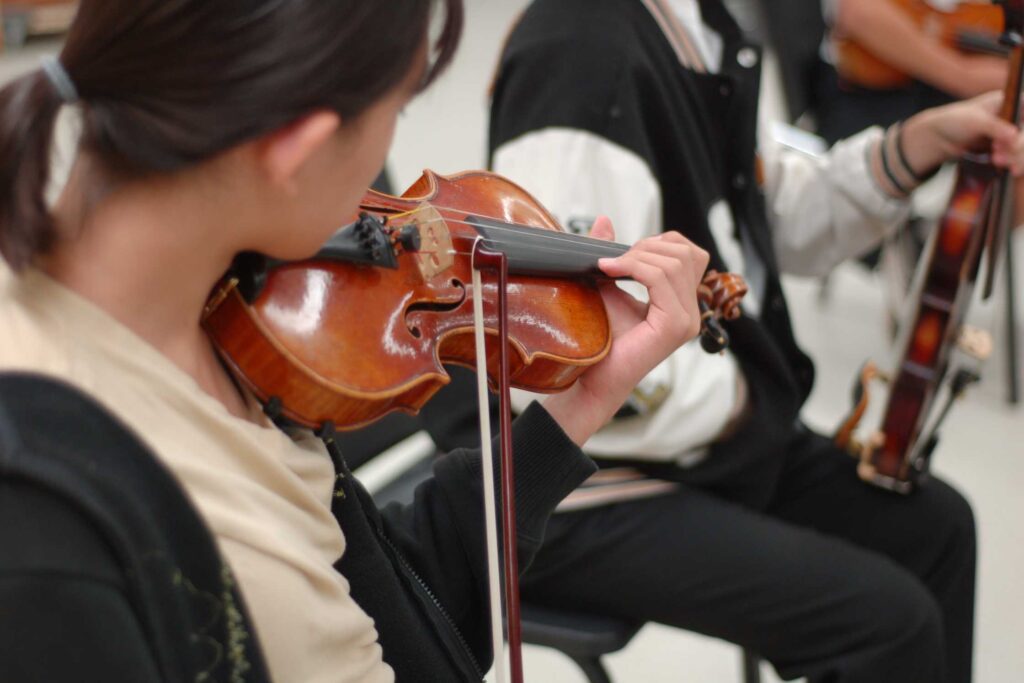Concert Orchestra Application Requirements
Scales:
All players will be asked to play 2 contrasting scales that best demonstrate their level of technical ability.
The following should be considered when choosing scales:
- The scales should be in different keys.
- Scales should be performed in as many octaves of the scale as the player is capable.
- Scales should be performed with contrasting articulations.
- Consider making one of the scales a minor key.
- When deciding on tempo, keep in mind that a slower, accurate and clean scale is always more impressive than a fast but sloppy scale.
Solo:
All players will be asked to play a solo or etude of 1-3 minutes in length that demonstrates their best playing.
The following should be considered when choosing a solo:
- Consider a piece that has already been performed and can be played with confidence.
(instead of something new and challenging that is currently being working on) - Understand that the panel will likely not hear all of the solo, so it may be beneficial to make cuts to the piece if there is a specific section that should be highlighted.
- Whenever possible, be sure that the piece is a solo or etude, and not an ensemble part.
Philharmonic Orchestra Application Requirements
Please note the addition of Orchestral Excerpts for this audition.
Scales:
All players will be asked to play 3 contrasting scales that best demonstrate their level of technical ability.
The following should be considered when choosing scales:
- The scales should be in different keys, with preference given to scales with more than 3 sharps or flats.
- Scales should be performed in as many octaves of the scale as the player is capable.
- Scales should be performed with contrasting articulations.
- One scale should be Major, one should be Melodic Minor, the third can be the player’s choice.
- When deciding on tempo, keep in mind that a slower, accurate and clean scale is always more impressive than a fast but sloppy scale.
Solo:
All players will be asked to play a solo or etude of 2-5 minutes in length that demonstrates their best playing.
The following should be considered when choosing a solo:
- Consider a piece that has already been performed and can be played with confidence. (instead of something new and challenging that is currently being working on)
- Understand that the panel will likely not hear all of the solo, so it may be beneficial to make cuts to the piece if there is a specific section that should be highlighted.
- The piece should be a solo or etude, and not an ensemble part.
Orchestral Excerpts:
Click on the button below to find the excerpts required for your instrument. Orchestral Excerpts are an opportunity for players to demonstrate their knowledge of orchestra repertoire.
The following should be considered when preparing Orchestral Excerpts:
- Find one or more recordings of the piece and listen to them carefully.
- Using the recordings as a reference, determine the tempo for the excerpt.
- Using the recordings as a reference, work on performing the piece with a sense of style and articulations appropriate for the piece.
If you have further questions, please email HPYO General Manager Megan Benjafield at mbenjafield@hpo.org


